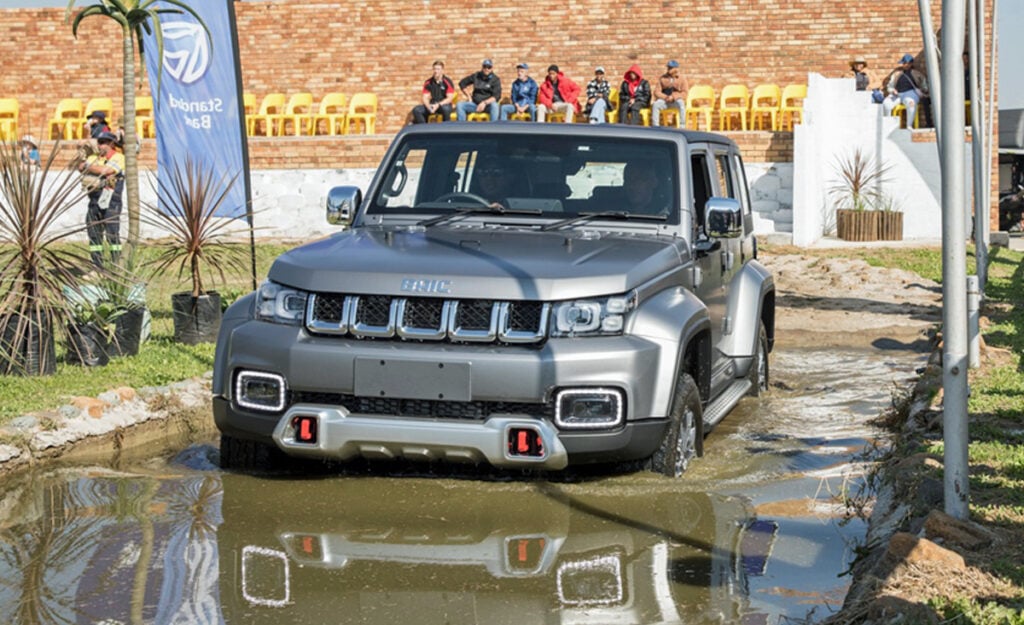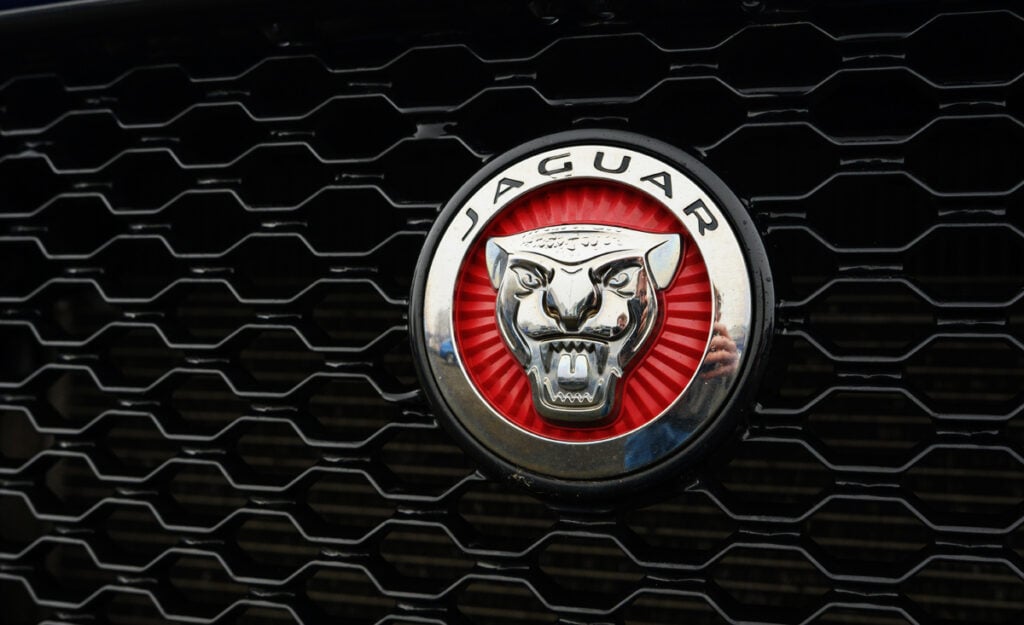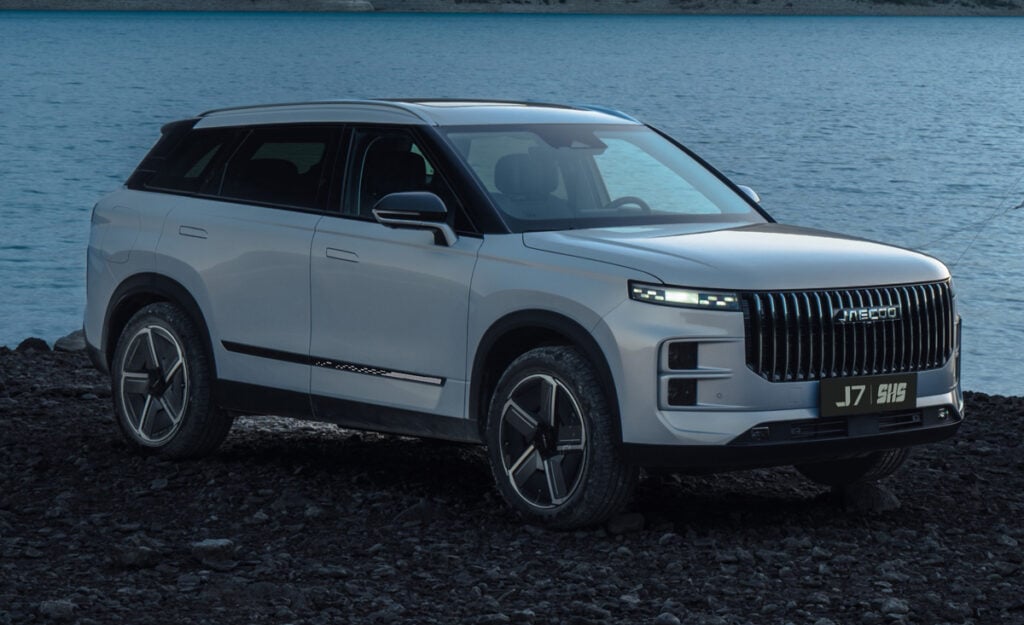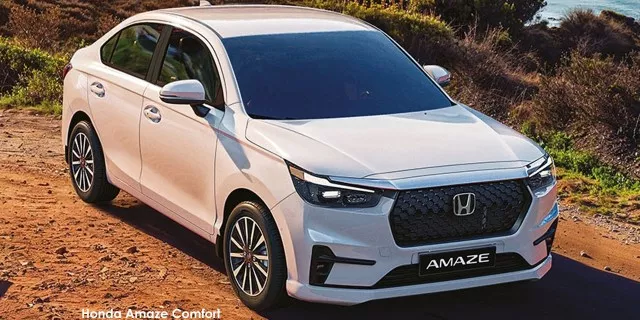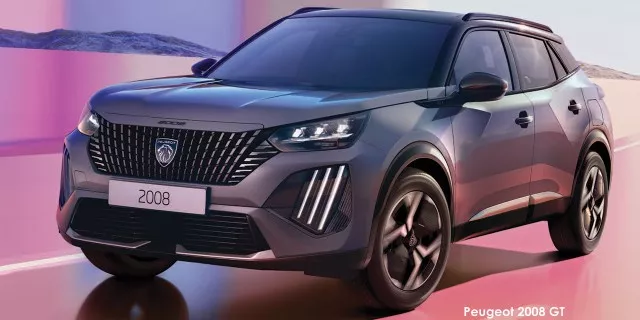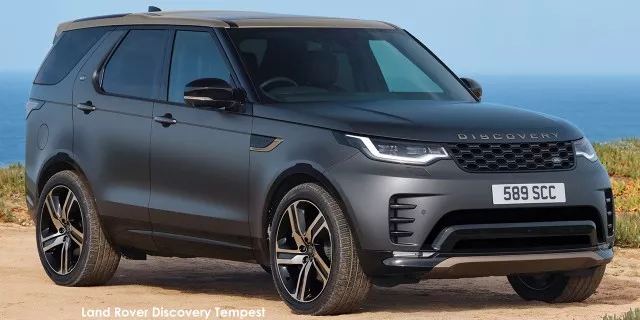
The high rate of car accidents in South Africa isn’t due to the roads being full of bad drivers, but rather, full of bad people.
Crash investigation specialist Stan Bezuidenhout explains that many drivers in the country treat the roads as theirs and theirs alone, and refuse to afford other drivers the time of day, and this leads to many incidences of road rage, crashes, and deaths.
“I believe that the biggest problem we have in South Africa is not necessarily bad drivers, but bad people,” said Bezuidenhout in a 702 interview.
“Just think of the difference between somebody with a typically big vehicle versus someone with a typically small vehicle, and the way in which we complain that they seem to think that their big cars give them special powers.”
Traffic friction
Bezuidenhout said the biggest issue with drivers in South Africa is that none of us are on the same page.
For example, on the average highway you’ll find an extremely risk-averse individual driving at 80km/h in the fast lane. In the slow lane, there’ll be someone completely oblivious to danger driving at 160km/h.
Everywhere else, people are darting from one lane to the other, constantly accelerating and decelerating.
Those in the know refer to this as “traffic friction” and realise that it is a cause of many accidents.
Furthermore, people tend to think they’re an extension of their vehicle, so if they drive a bigger or a faster car they’re usually less careful and courteous than those in smaller, less powerful autos.
Drivers generally also target their anger at certain groups of their fellow road users instead of at the individuals flouting the law.
For instance, they may flare up when they see a Checkers Sixty60 driver making risky manoeuvres, but won’t bat an eyelash when it’s a well-dressed businessman on his bulky adventure bike doing the exact same thing at a faster speed, potentially creating an even more dangerous scenario.
Of course, lax law enforcement also plays a role. The more drivers see their peers breaking the law without facing any consequences, the more inclined they are to do so, too.
“You go to countries like Sweden, like London in the UK, most of the states in the US, and you look at the difference in driving cultures, you’ll see just how aggressive and, for lack of a better term, narcissistic South African drivers really are,” he said.
The fact that you have not been in an accident yet does not mean you’re a good driver, it means you are probably just very lucky, said the expert.
“Just because you haven’t been involved in an accident might just be a simple matter of luck. You might just have gotten away with so-called murder on the road,” said Bezuidenhout.
He highlights that life-or-death scenarios only really come up once or twice in a person’s life and that most people are ill-equipped to handle them, so you wouldn’t know if you’re a good driver or not unless you’ve gone through such a situation and came out the other end unscathed thanks to your own skill.
The crash expert also said he believes gender or age makes no difference in the risk a driver poses.
“The fact is, I believe we are all bad drivers, simply because we all walk around telling everybody we’re good drivers,” he said.
The only solution to all of this is not more traffic laws, but a significant shift in driver behaviour.
“At the end of the day, we need to understand our limitations as human beings. We need to anticipate the possibility that we can misinterpret, miscalculate, or misdirect our attention,” said Bezuidenhout.
“We have a serial brain mechanism and can only think in a sequence of events. We can’t multiprocess. The fact is, in reality, in traffic and with vehicles, in order for us to reduce risk, we need to anticipate risk, when we anticipate risk we can accept that there’s risk, when we accept that we can predict risk, and when we do, we can act on it.”
Bezuidenhout also urges individuals to abstain from confronting road users who are breaking the rules of the road.
Many of these individuals are predisposed to violence and should the situation get out of hand, you will have a hard time defending yourself in court if you were the one who initiated the altercation even if you didn’t do anything wrong as a driver.
He also recommends that motorists install dashcams if it’s within their budget, as they can supply invaluable evidence that could help to bring scofflaws to justice.



